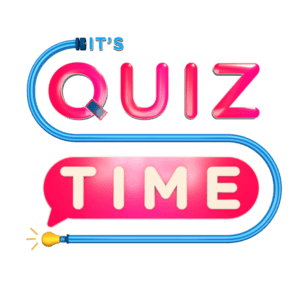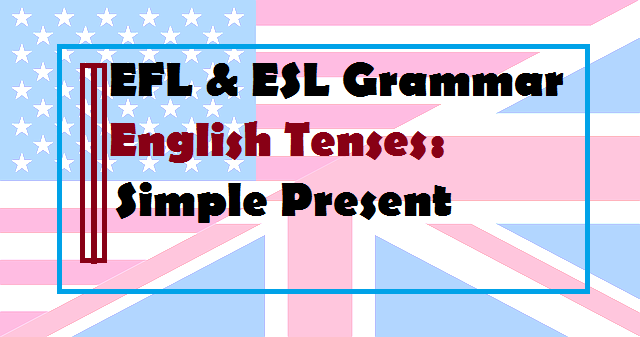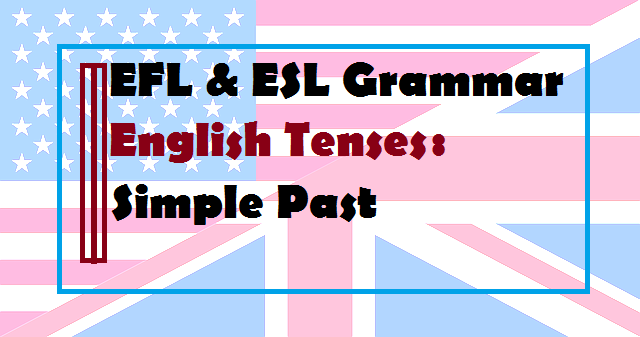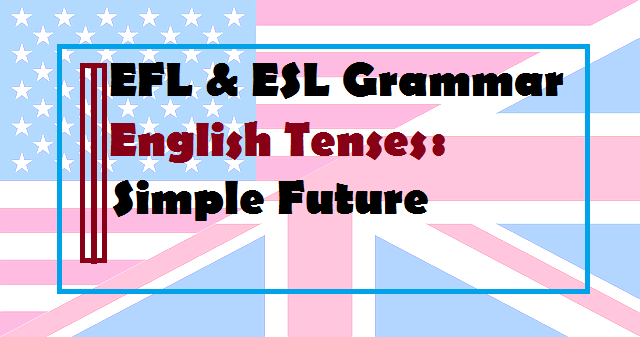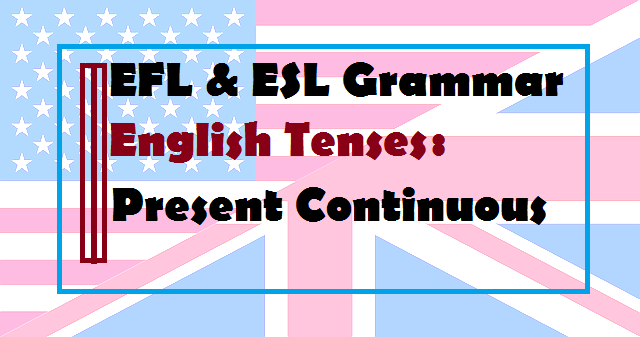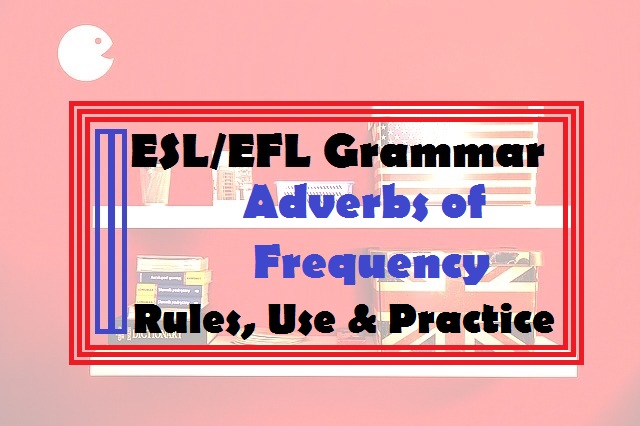EFL/ESL Grammar: English tenses
The use of present perfect tense in English
The present perfect tense is used to talk about things that happened in the past. It shows a link between the present and the past. The time of the action is before now and unknown.
Ex: I have had my lunch.
If you check the timeline below, you will see that the action of having lunch happened before now. It is in the past bit we don’t know when exactly.

In English, the present perfect is probably one of the most complex tenses because it has several uses. The present perfect is used in different cases:
- When the time is unspecific, sometimes people talk about actions that happen before now and they don’t use time, either because they don’t know when or aren’t interested in the time.
Example:
- She has had her lunch.
- She has visited her grandmother.
- When actions are recent.
Example:
- I have just completed my homework.
- He has just come from school.
- She has already done her assignments.
- Actions that started in the past and continues to the present.
Example:
- I haven’t finished yet.
- She hasn’t arrived yet.
- She has lived here since 1990.
- She has lived here for 20 years.
- Repeated actions between the past and now.
Example:
- She has gone to the supermarket three times this week.
- They have visited London three times this year.
Present perfect forms
| Basic form: subject + have/has + verb (past participle) |
Note:
(Have not/ has not and haven’t/ hasn’t) are the same. Haven’t/hasn’t are the short forms.
The a
The affirmative form of present perfect |
| I have seen my friend You have seen my friend He has seen my friend She has seen my friend It has seen my friend We have seen my friend You have seen my friend They have seen my friend |
The negative form of present perfect |
| I haven’t seen my friend You haven’t seen my friend He hasn’t seen my friend She hasn’t seen my friend It hasn’t seen my friend We haven’t seen my friend You haven’t seen my friend They haven’t seen my friend |
The interrogative form of present perfect |
| Have I seen my friend? Have you seen my friend? Has he seen my friend? Has she seen my friend? Has it seen my friend? Have we seen my friend? Have you seen my friend? Have they seen my friend? |
Examples of present perfect
- Have you seen my copybook?
- Has she had her breakfast?
- I have had a long day. I’m so tired.
- You have been here since the morning.
- They have studied English for five years.
- I haven’t spoken to her for a long time.
- She hasn’t eaten her pizza yet.
Take Quiz
Check your understanding here ...
